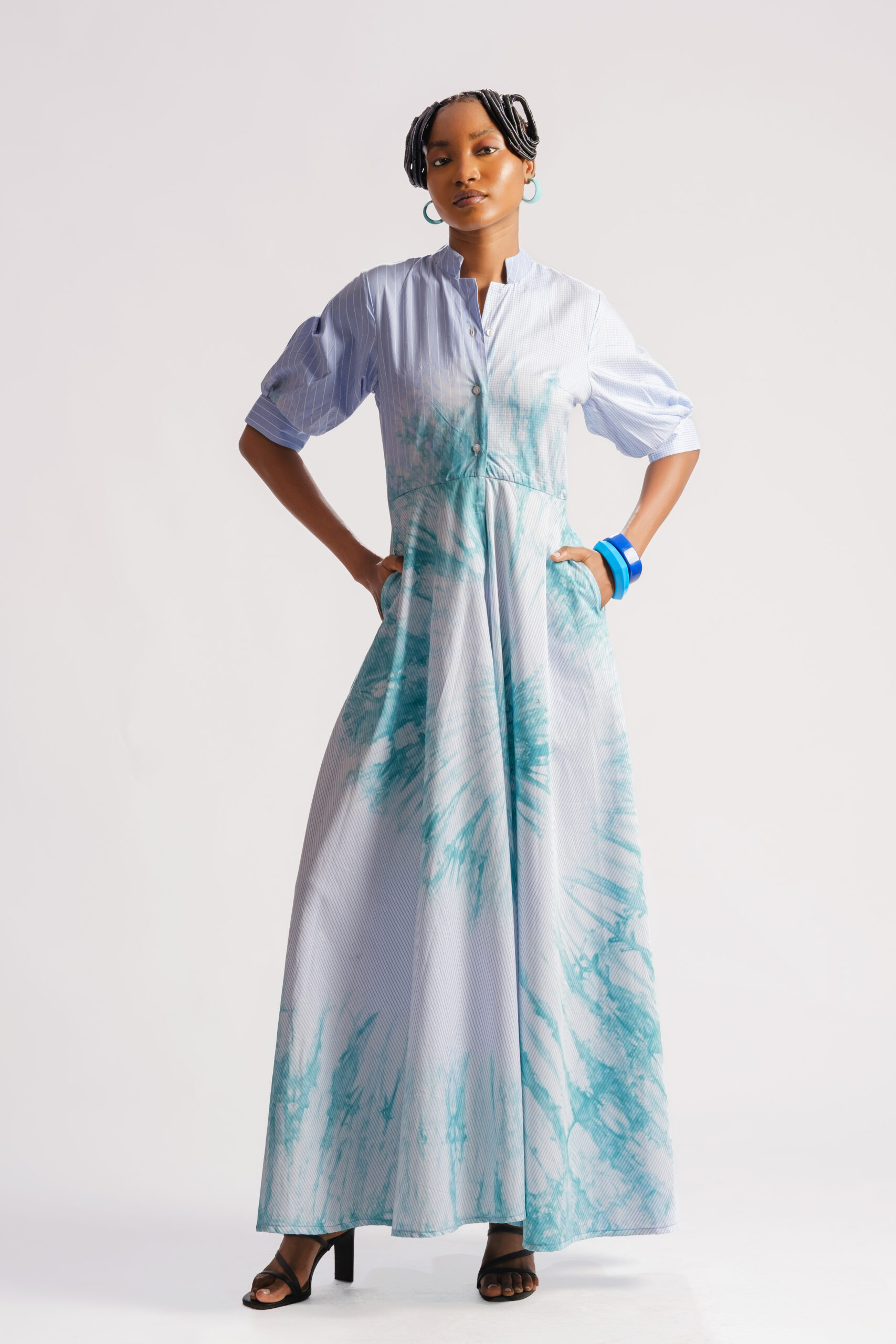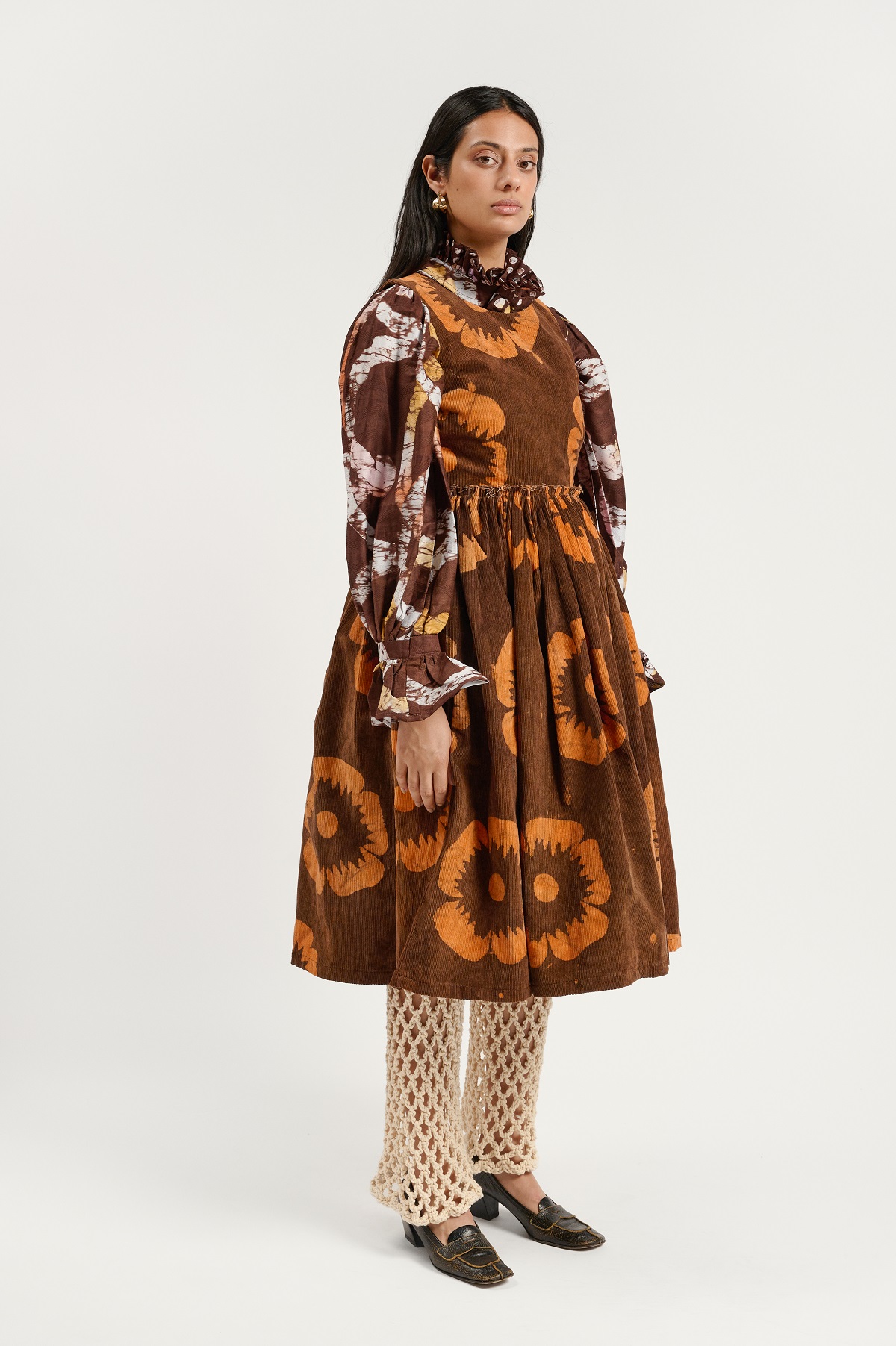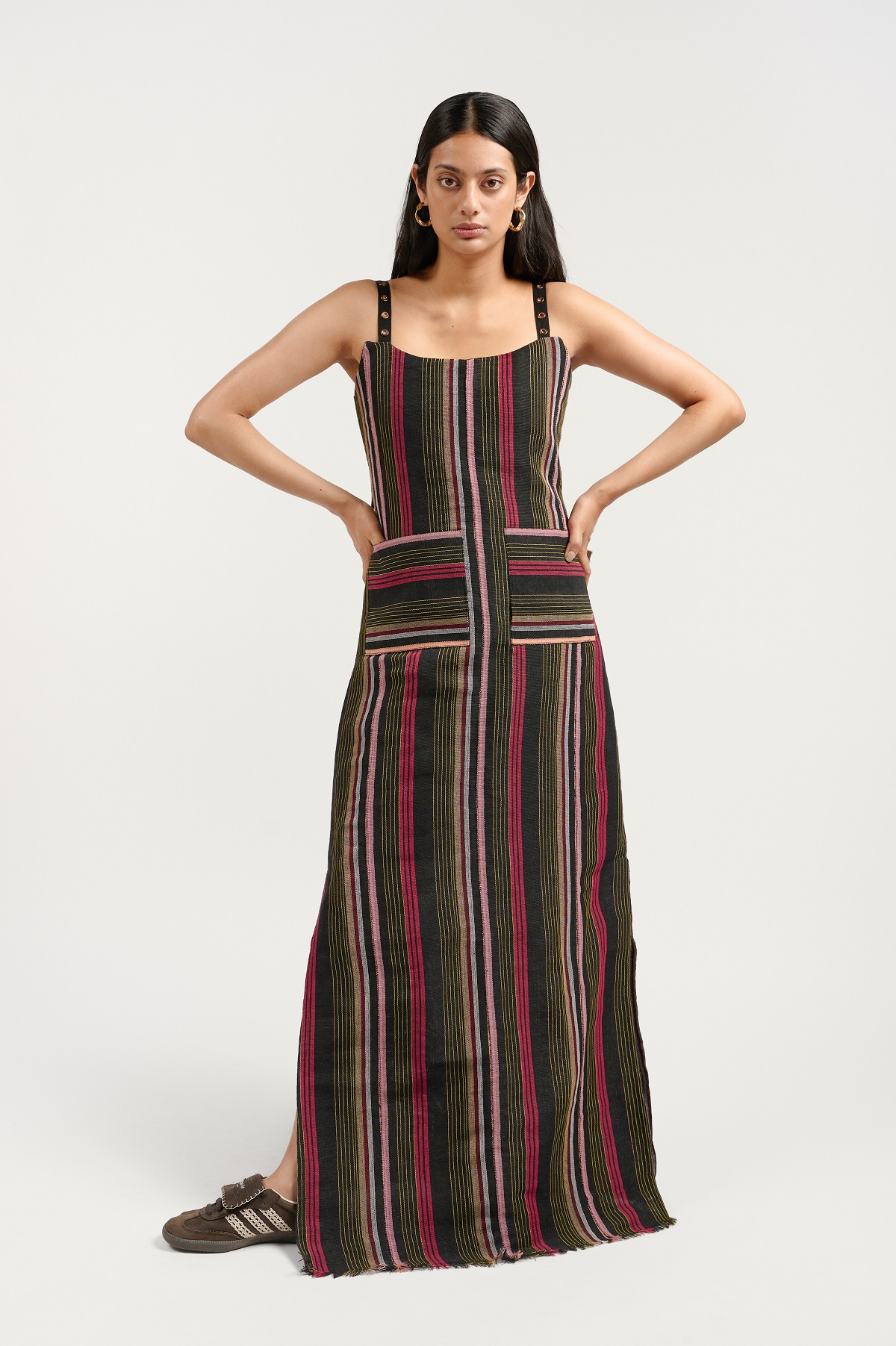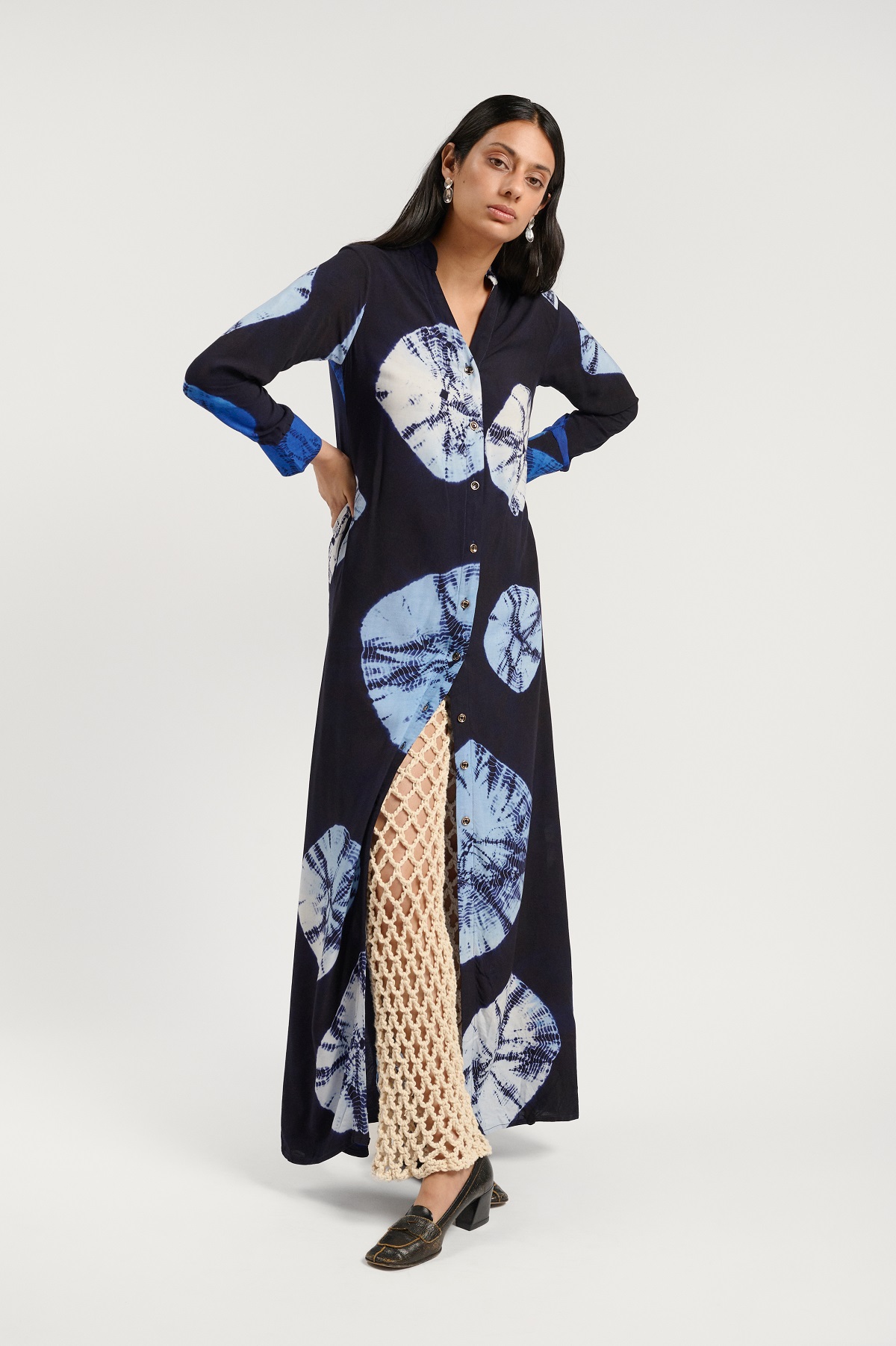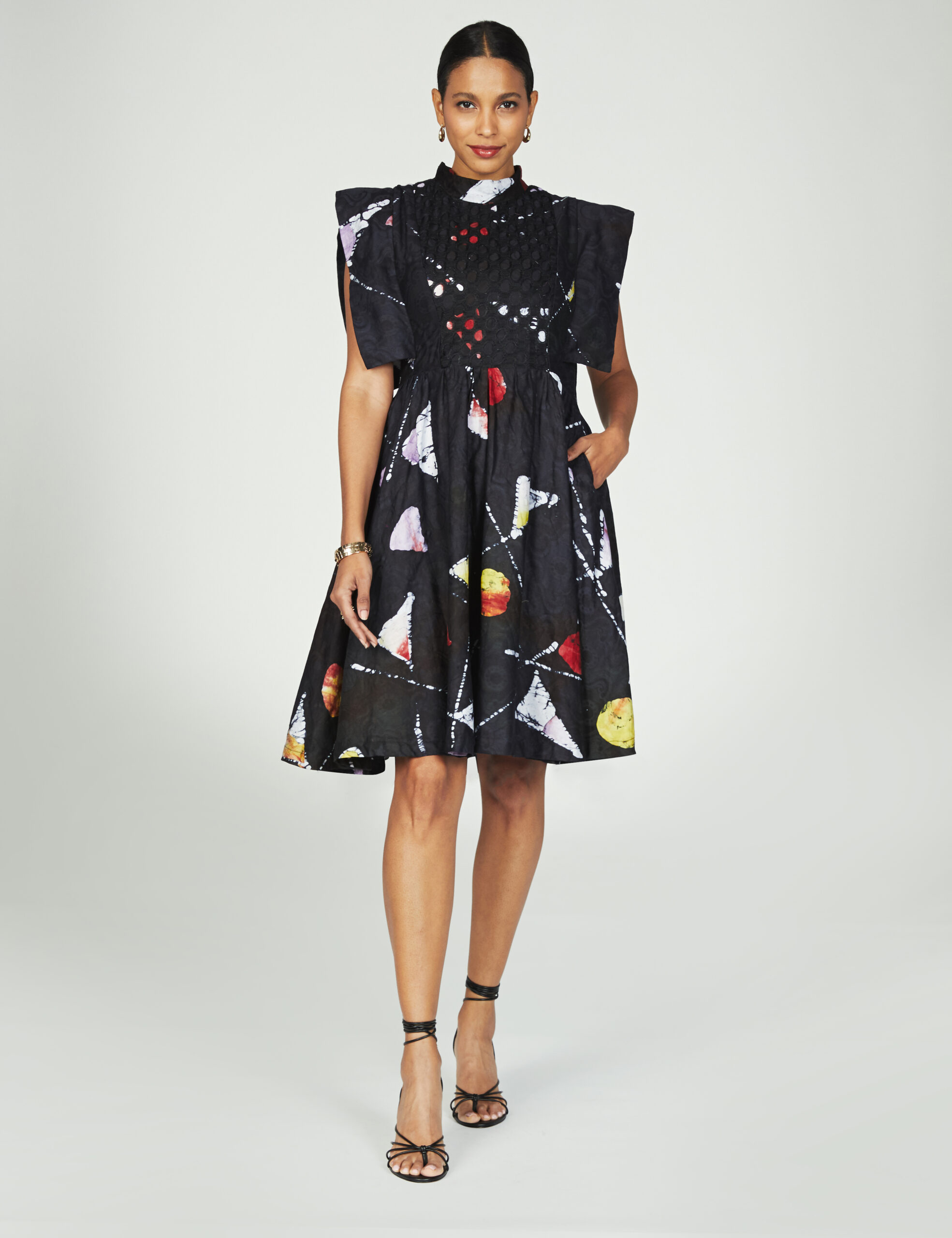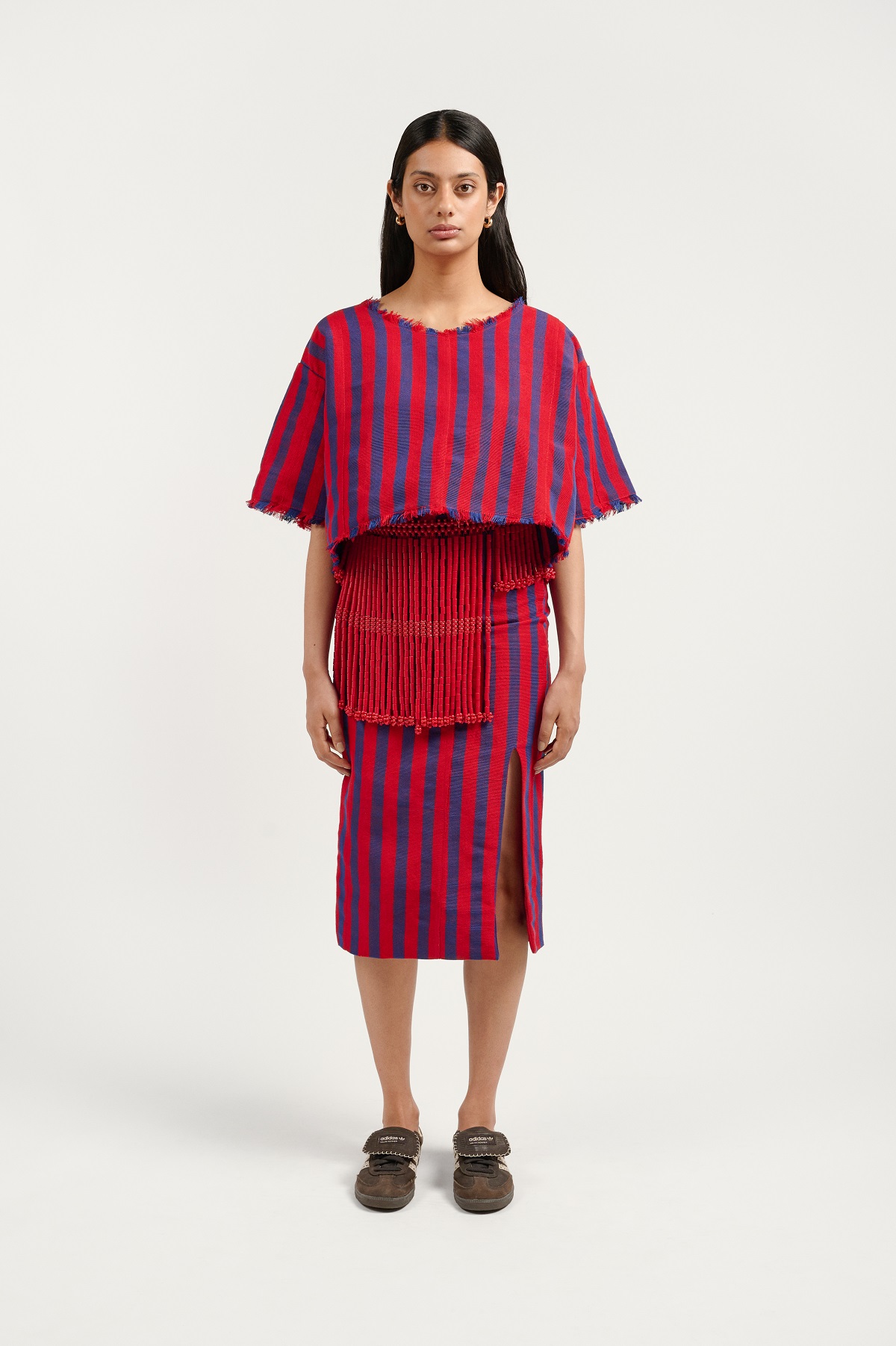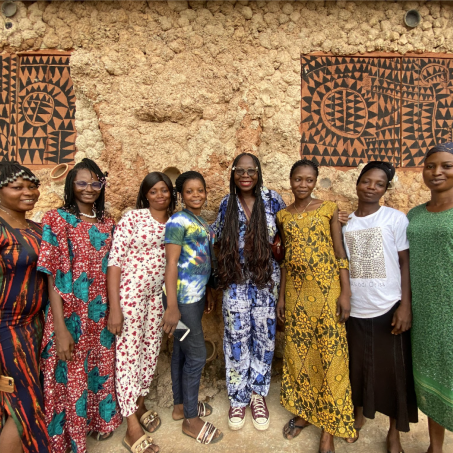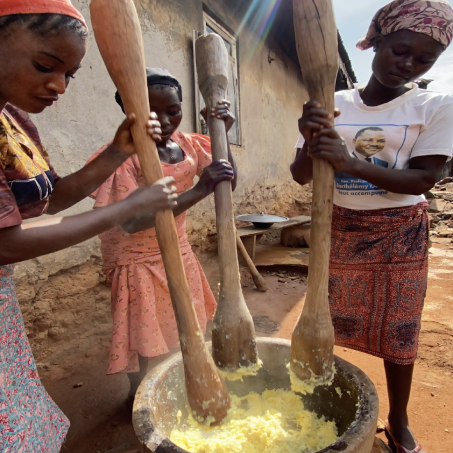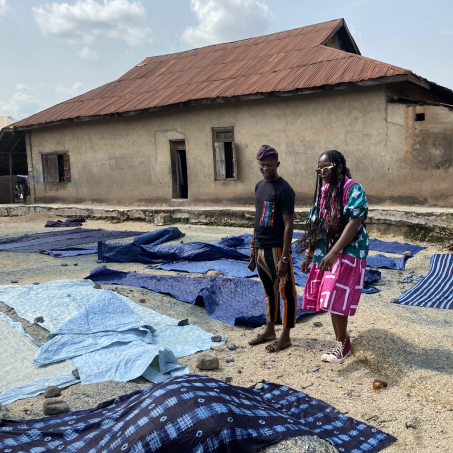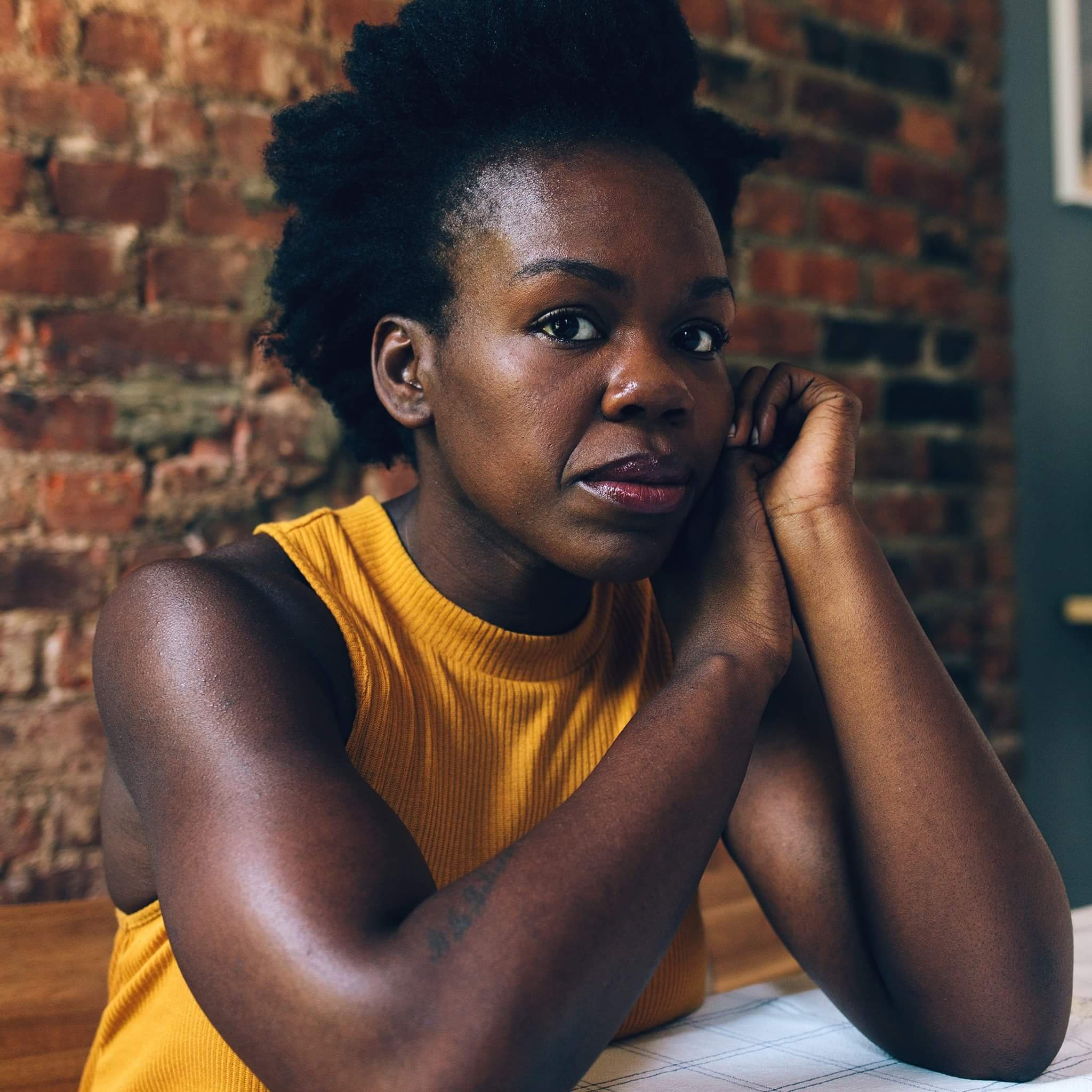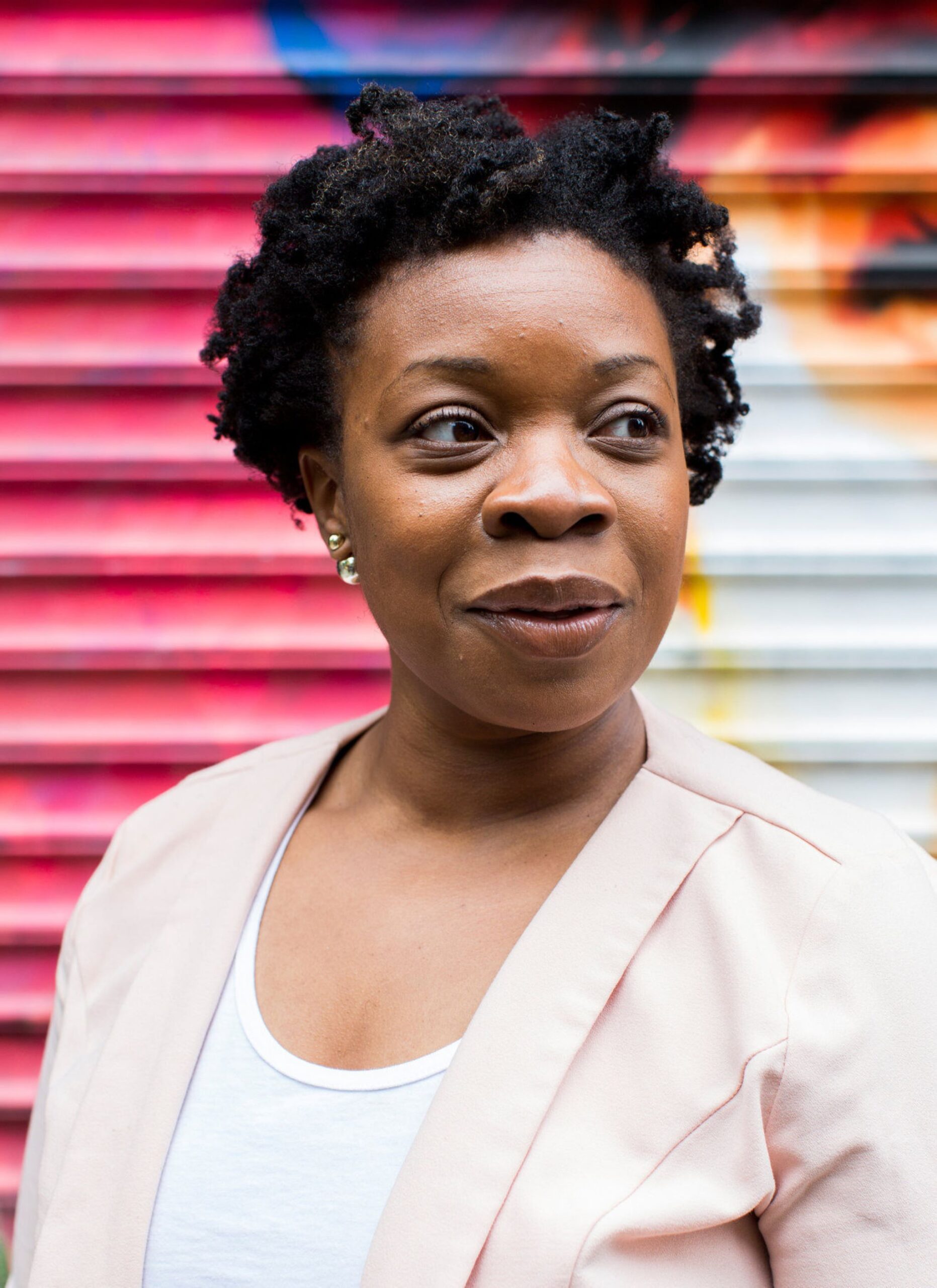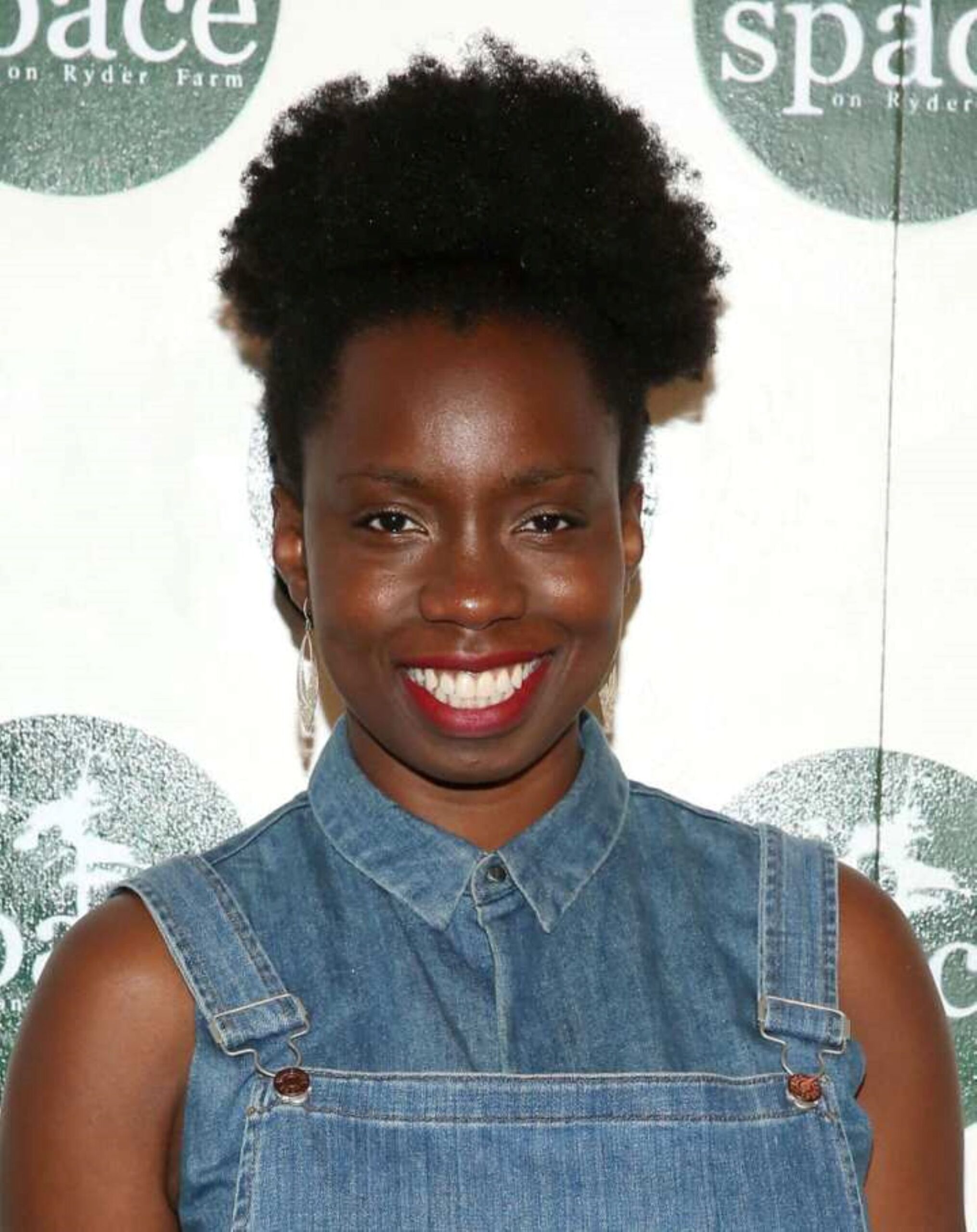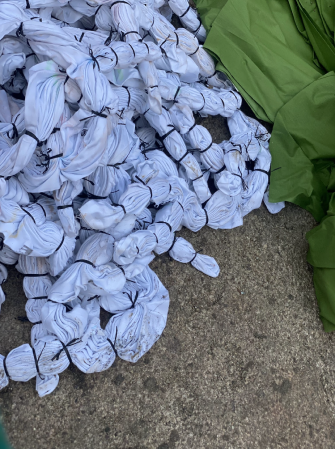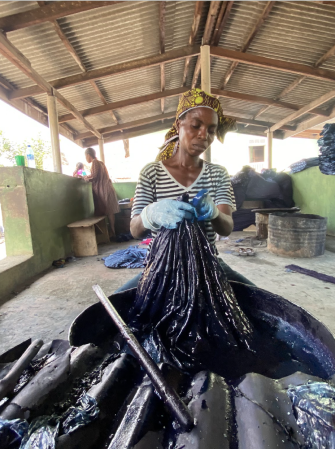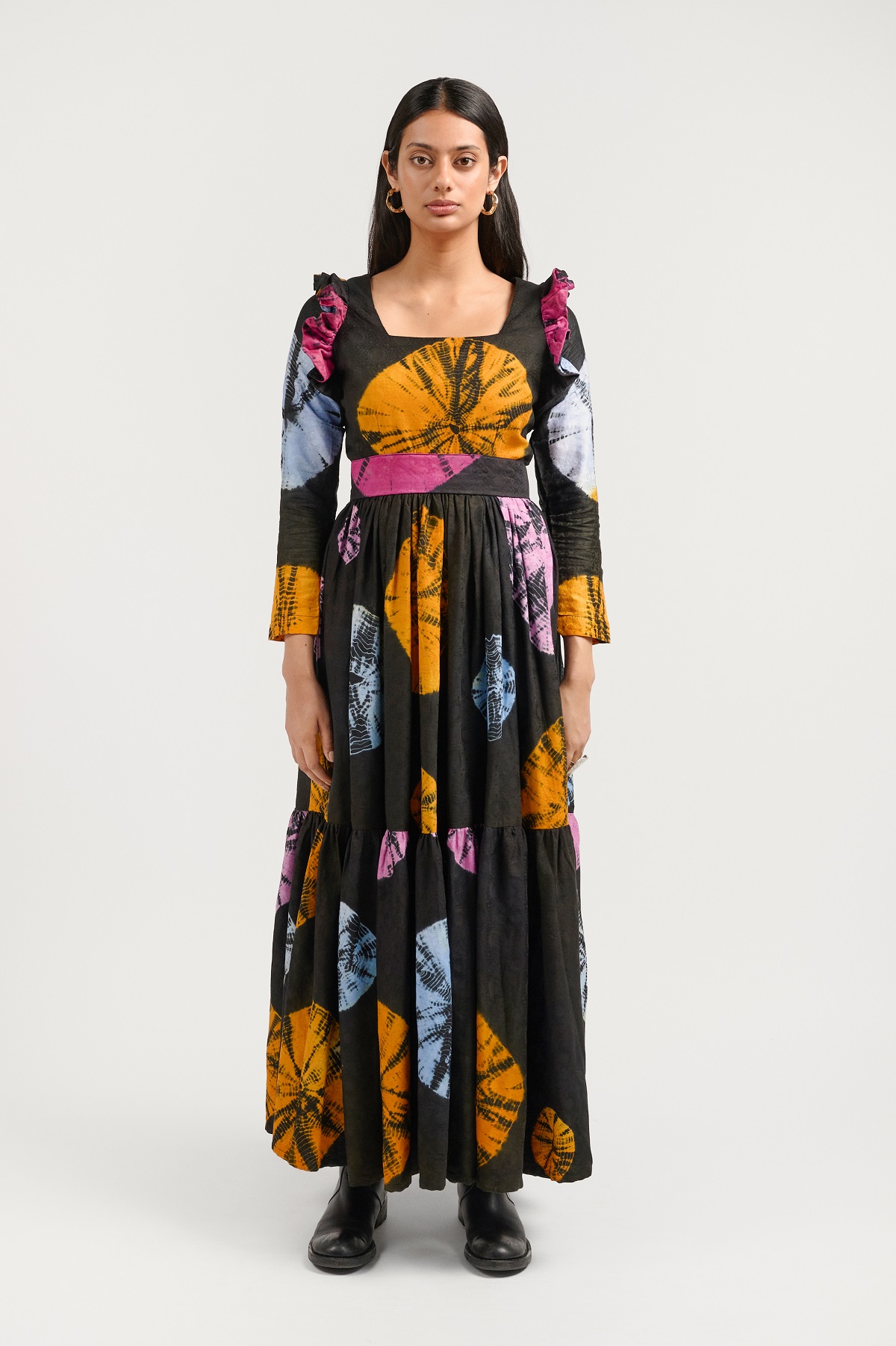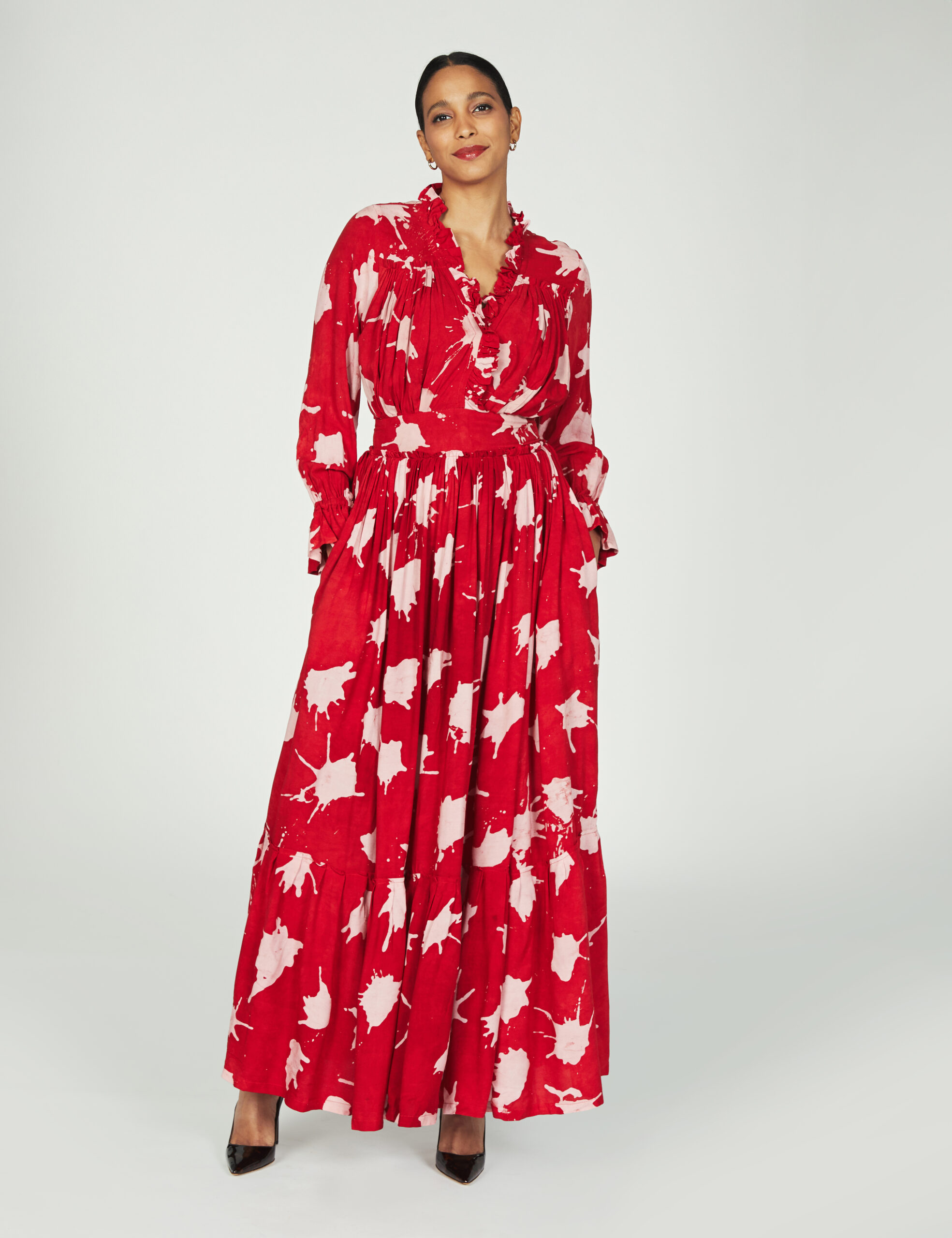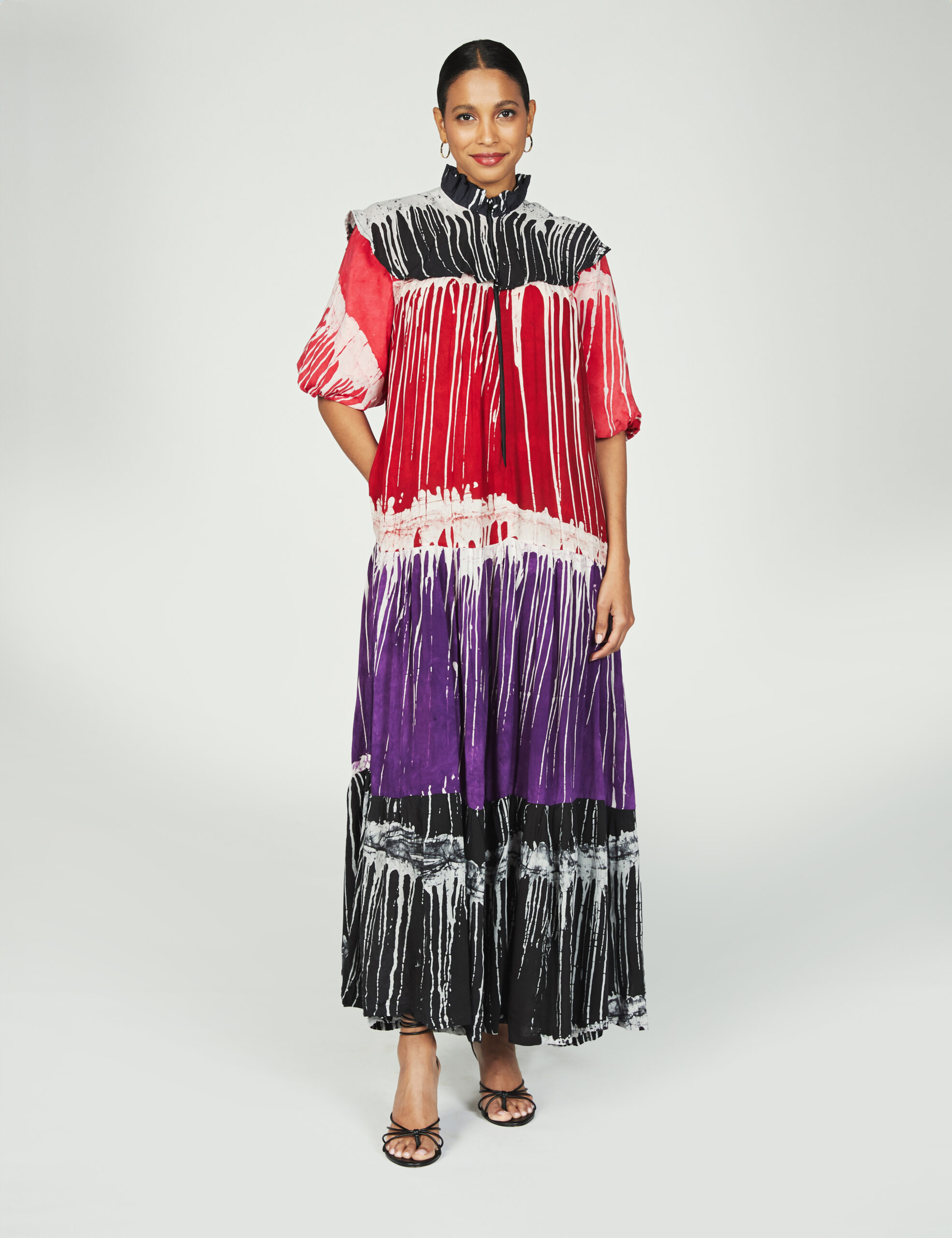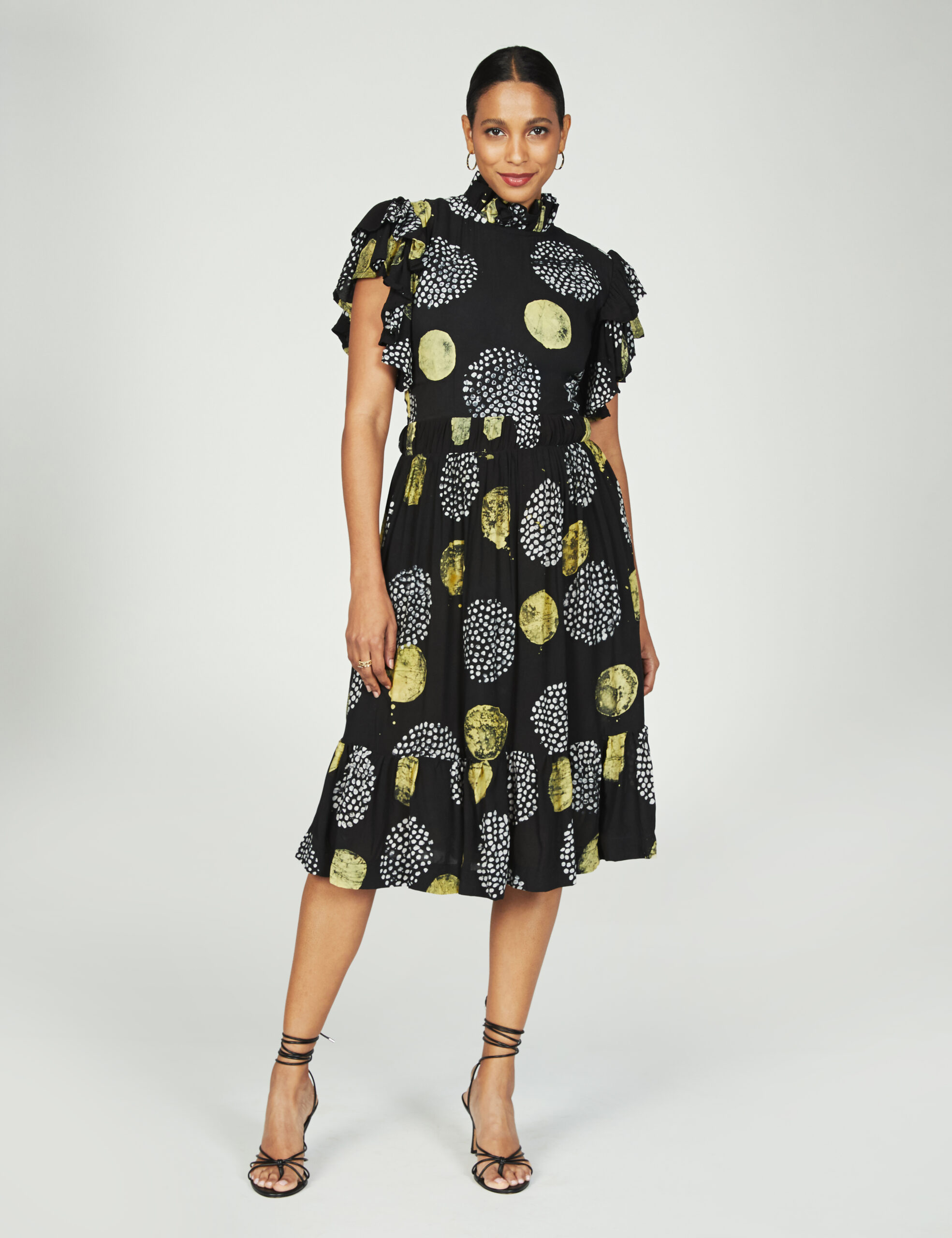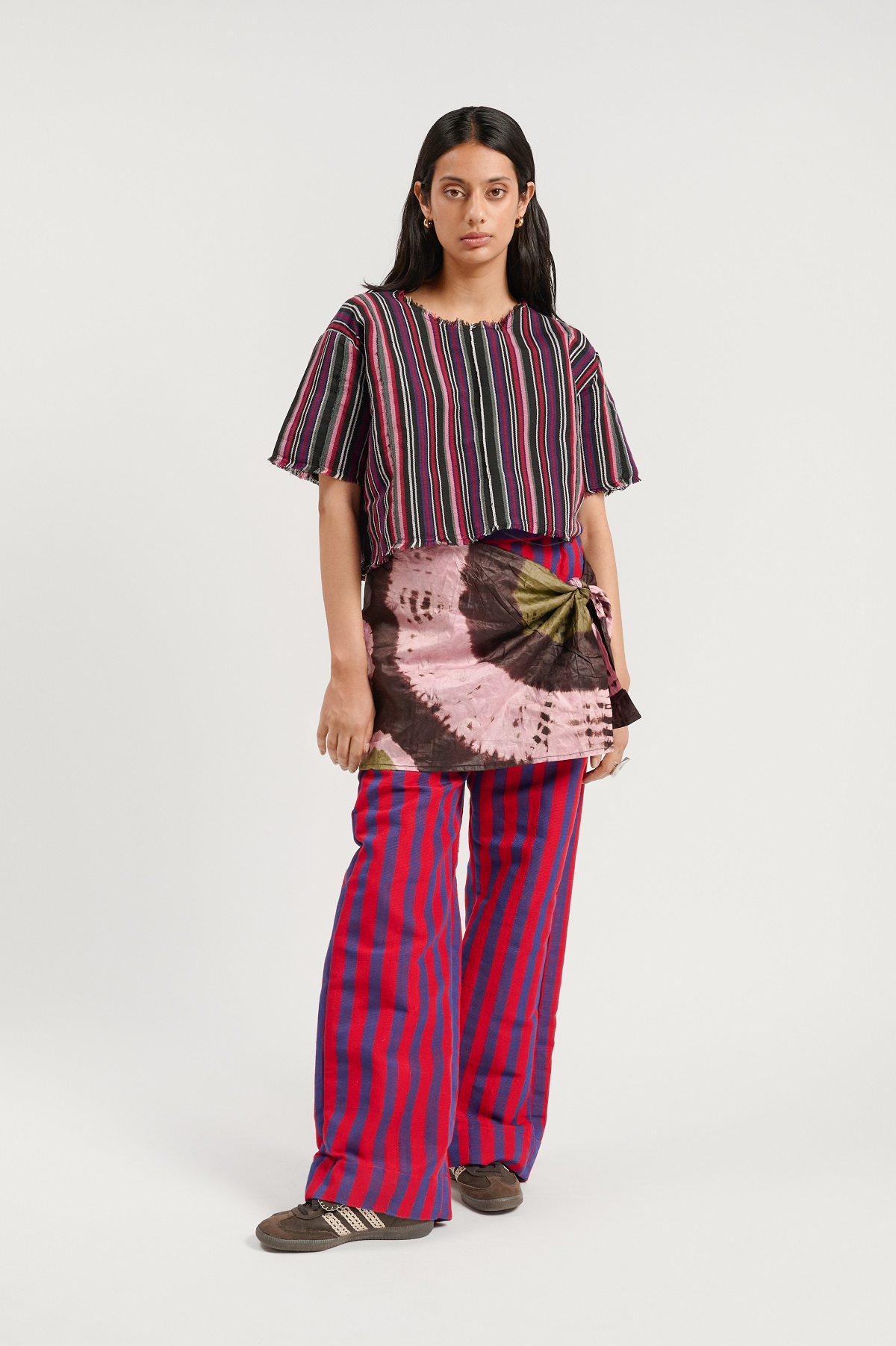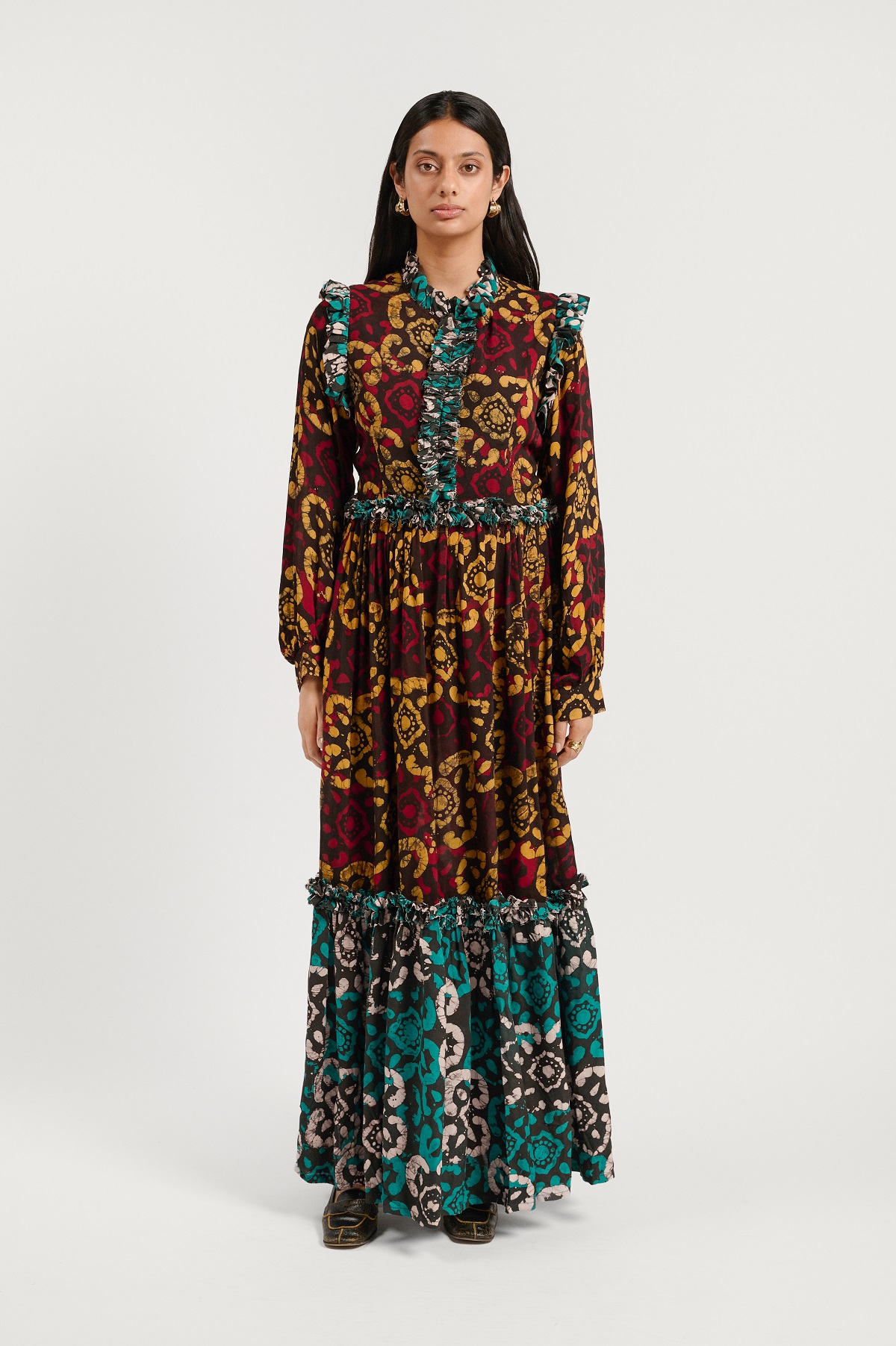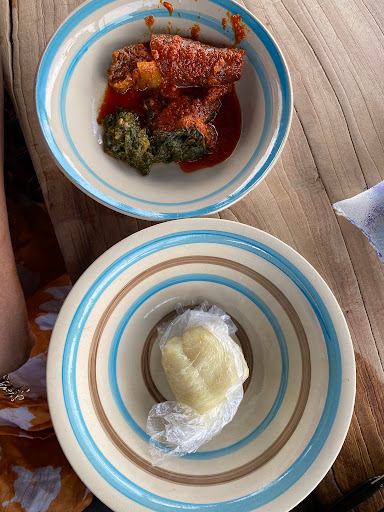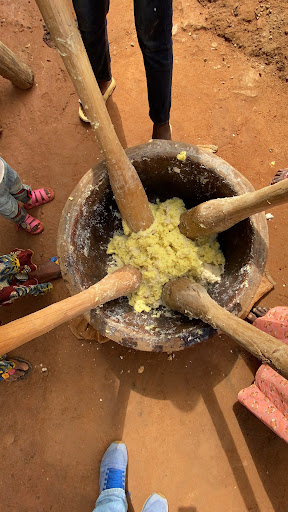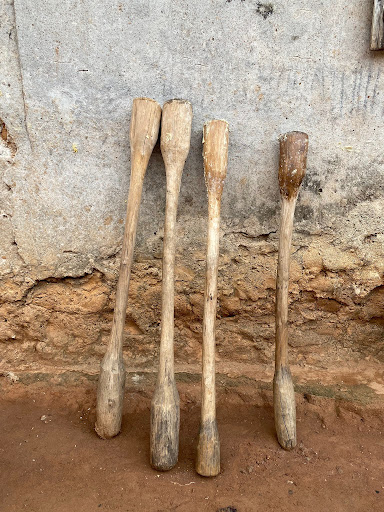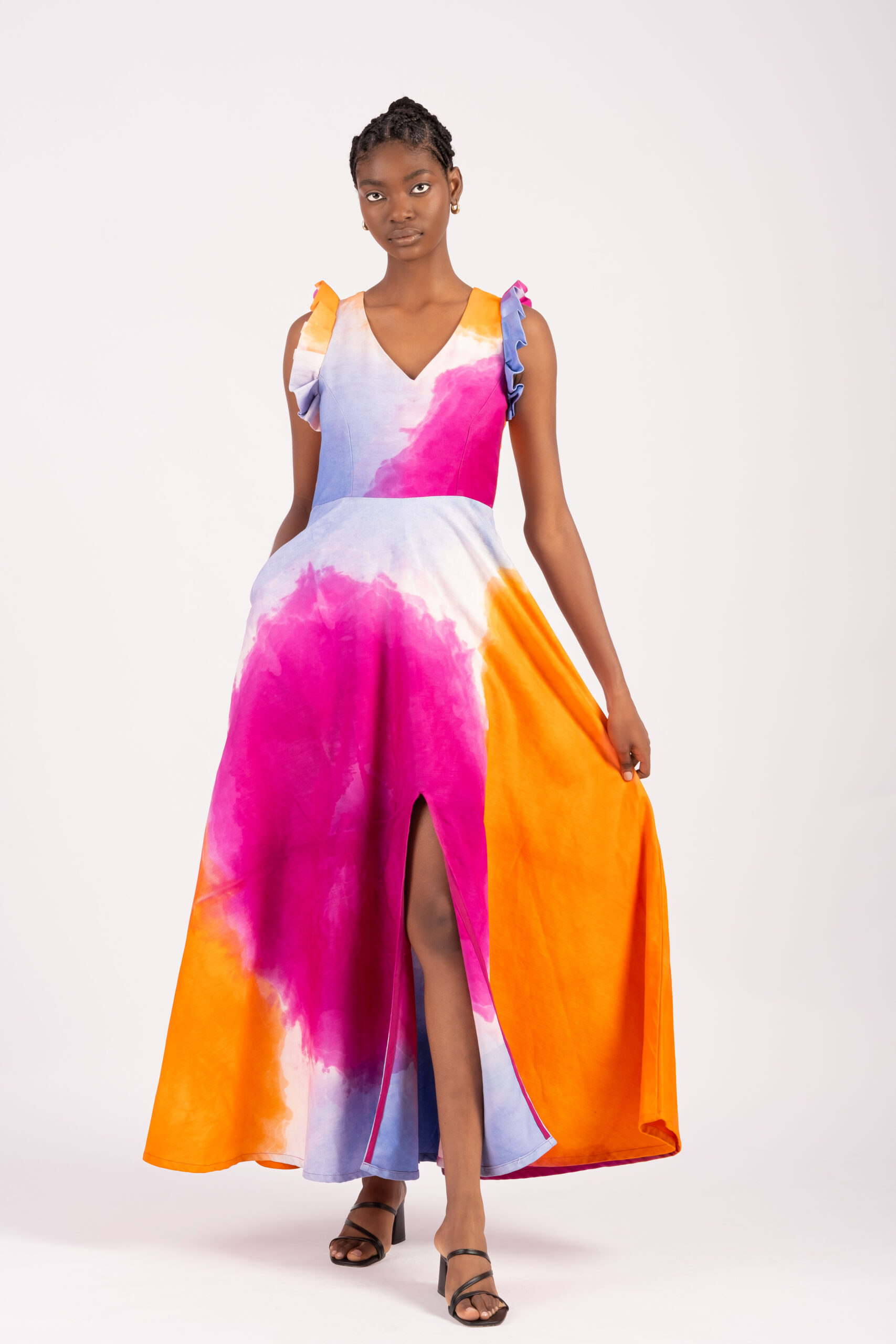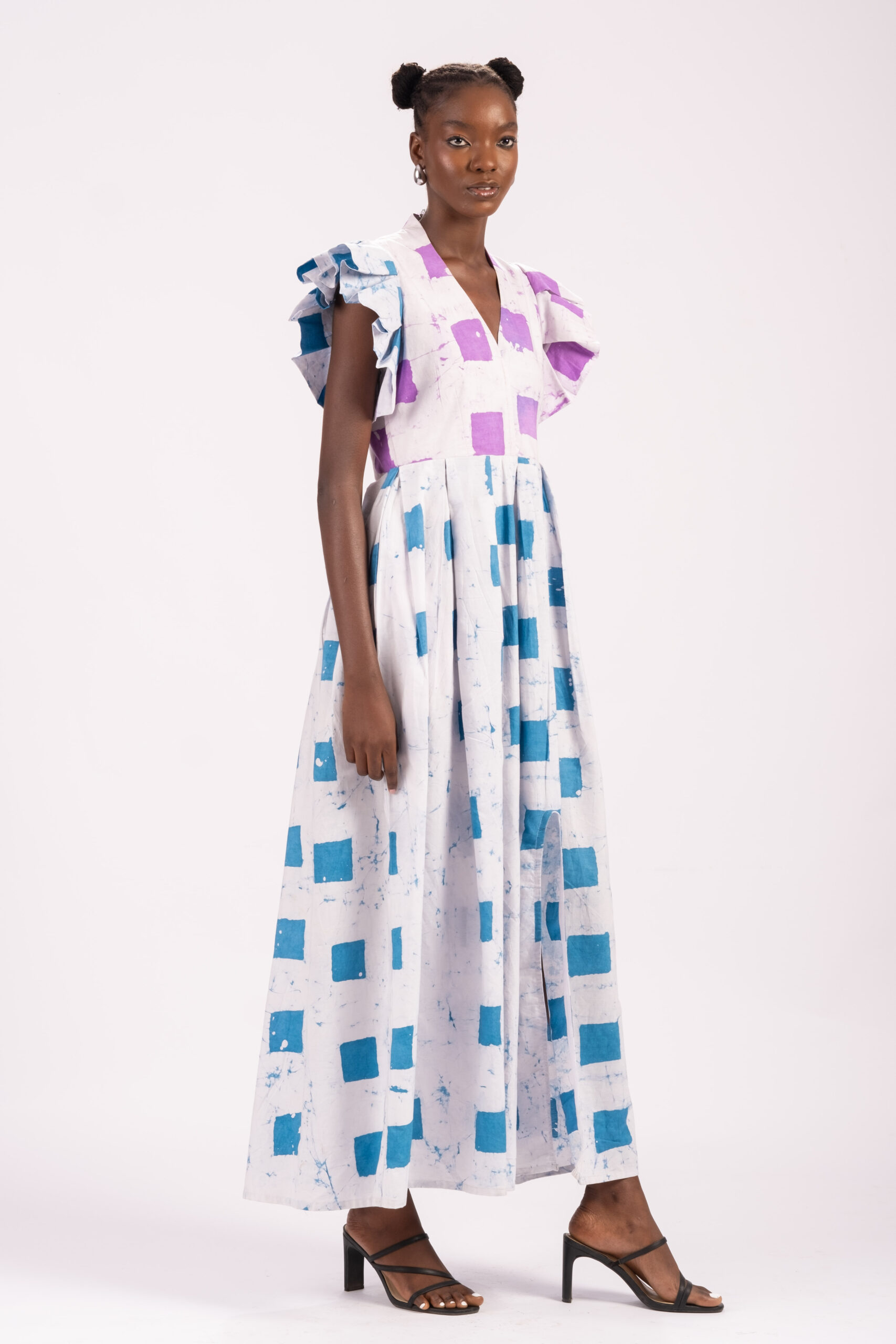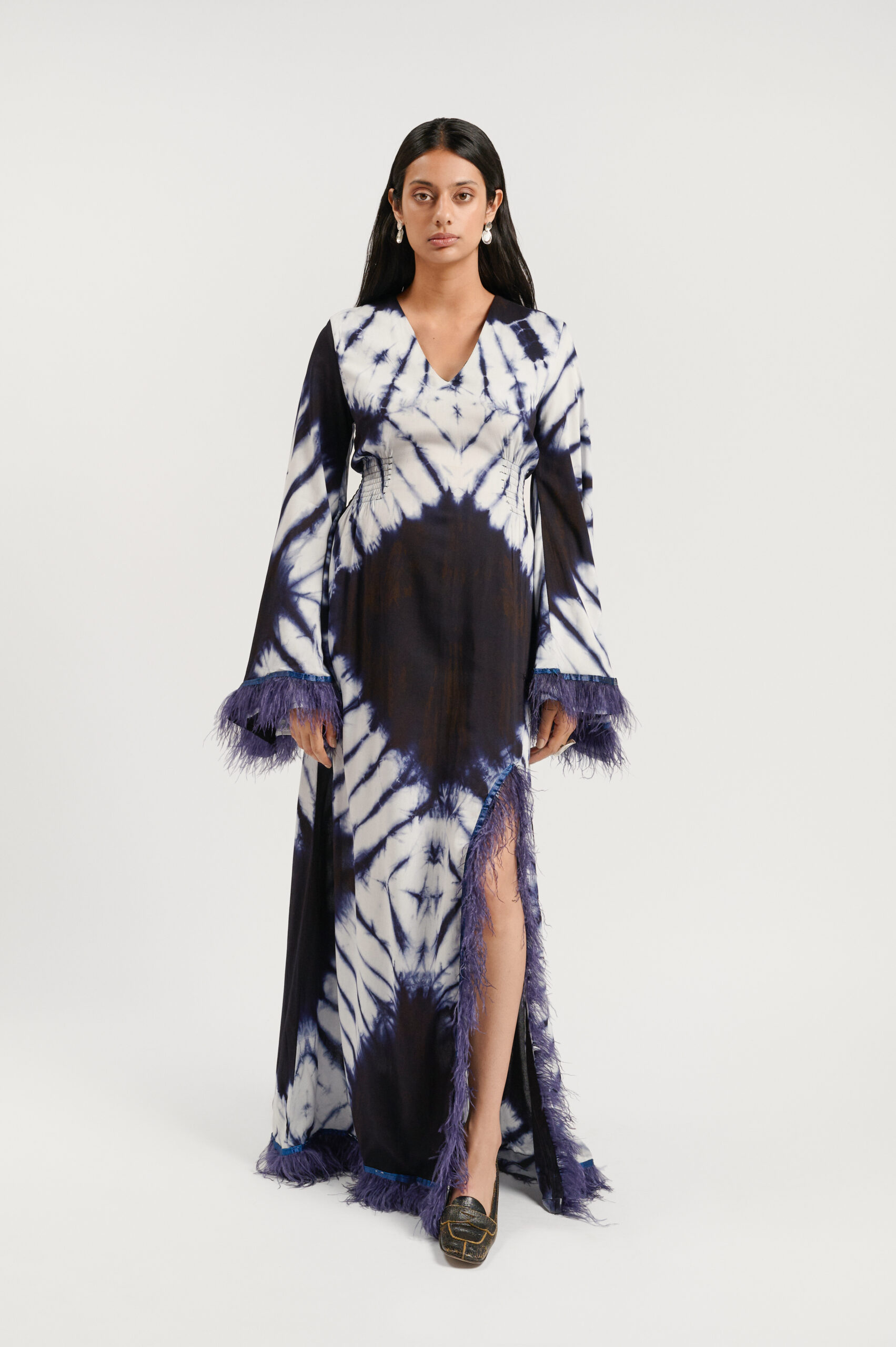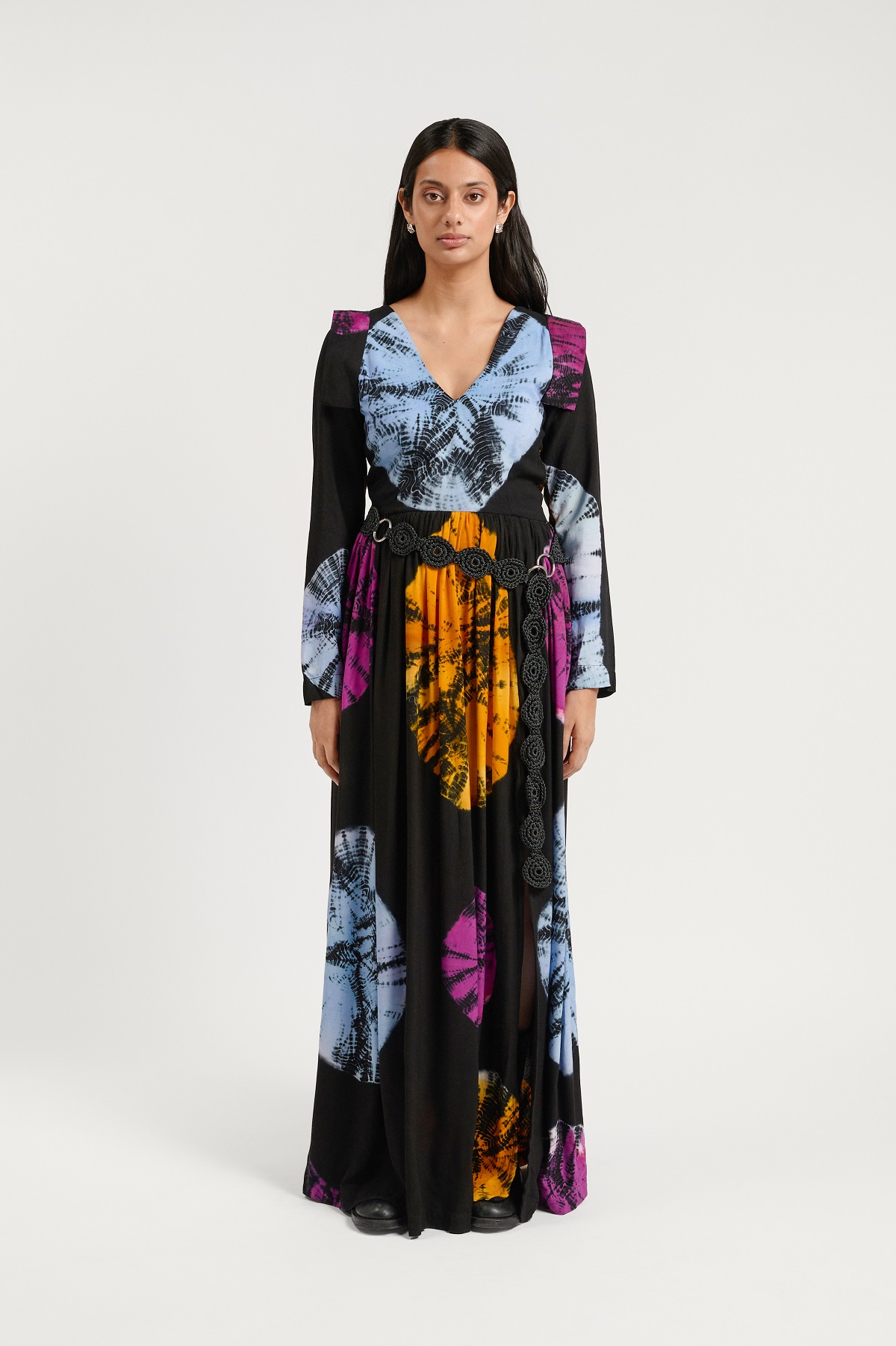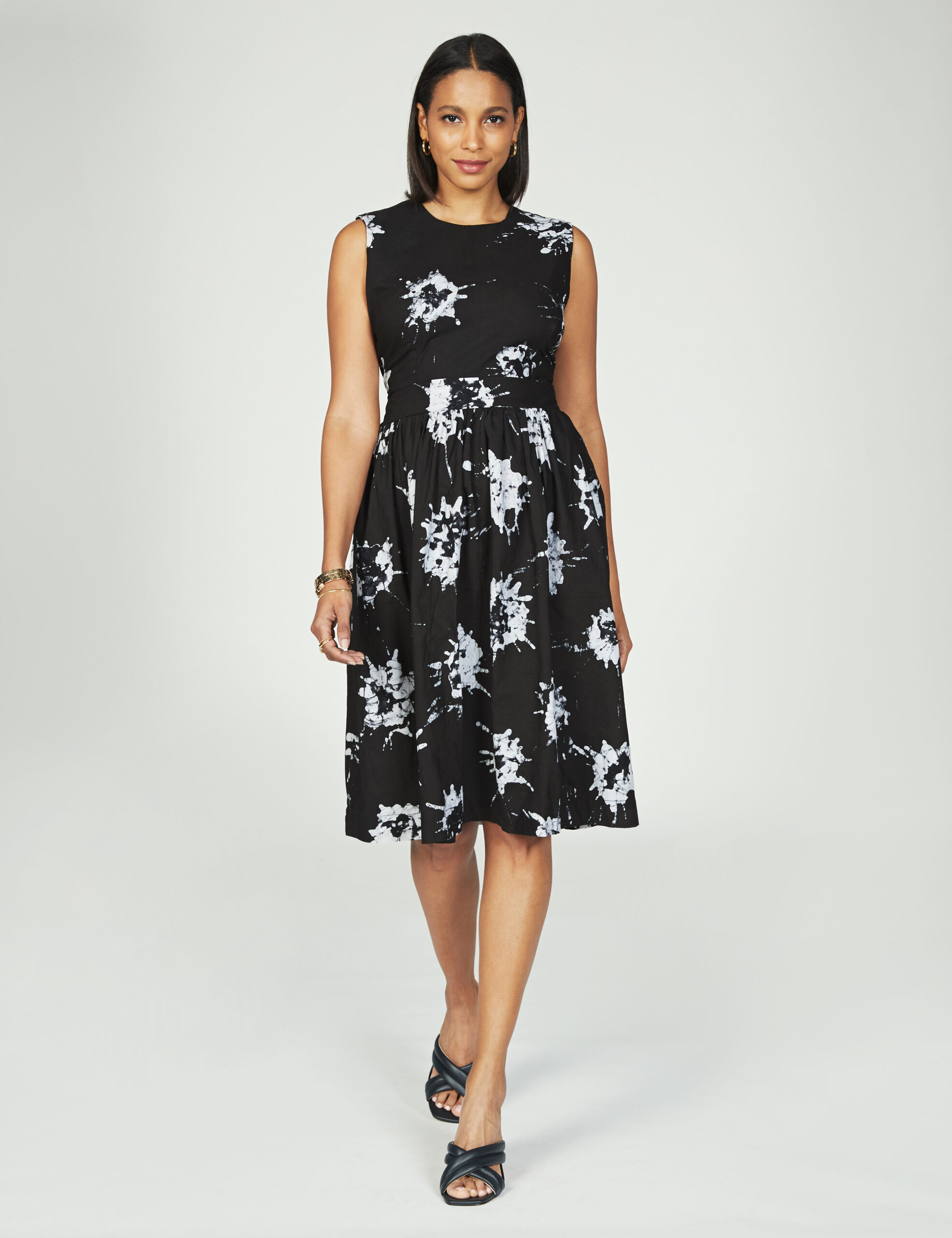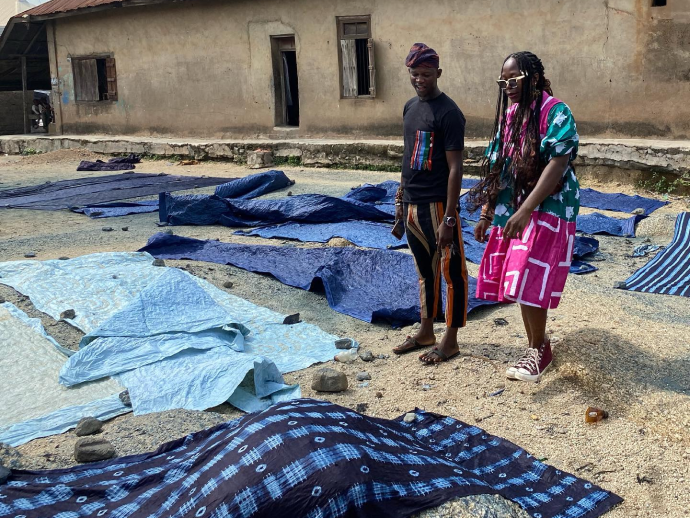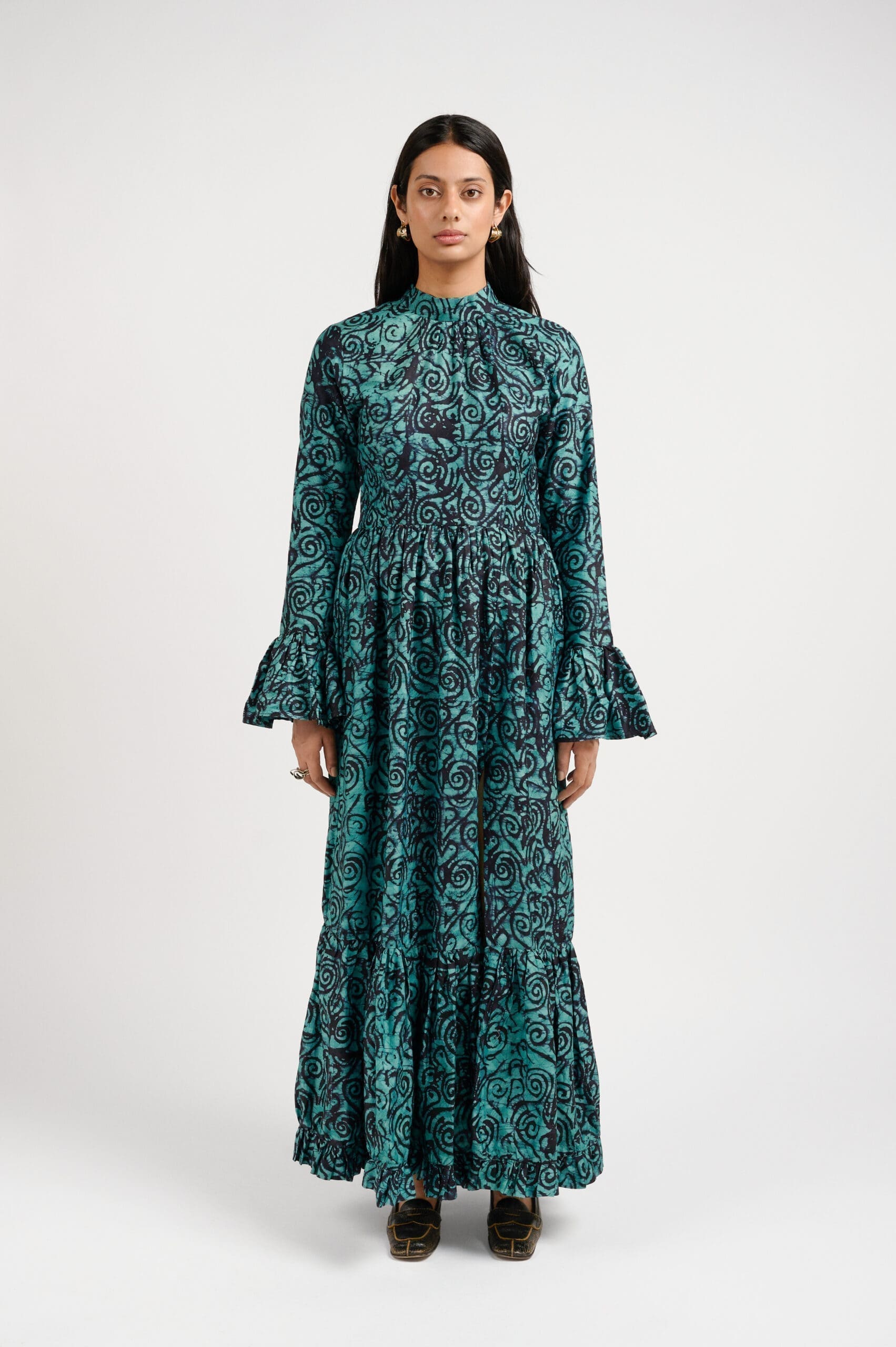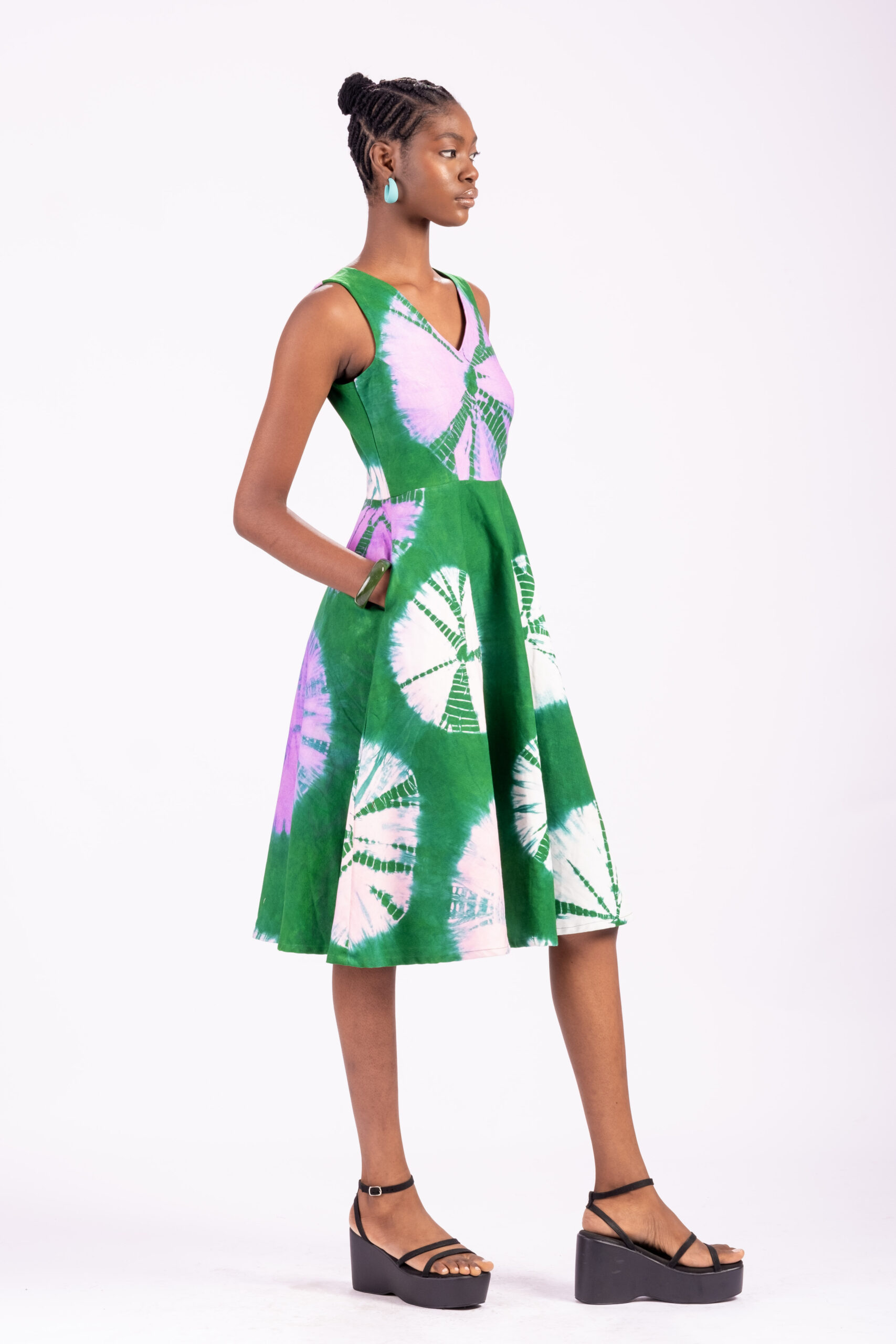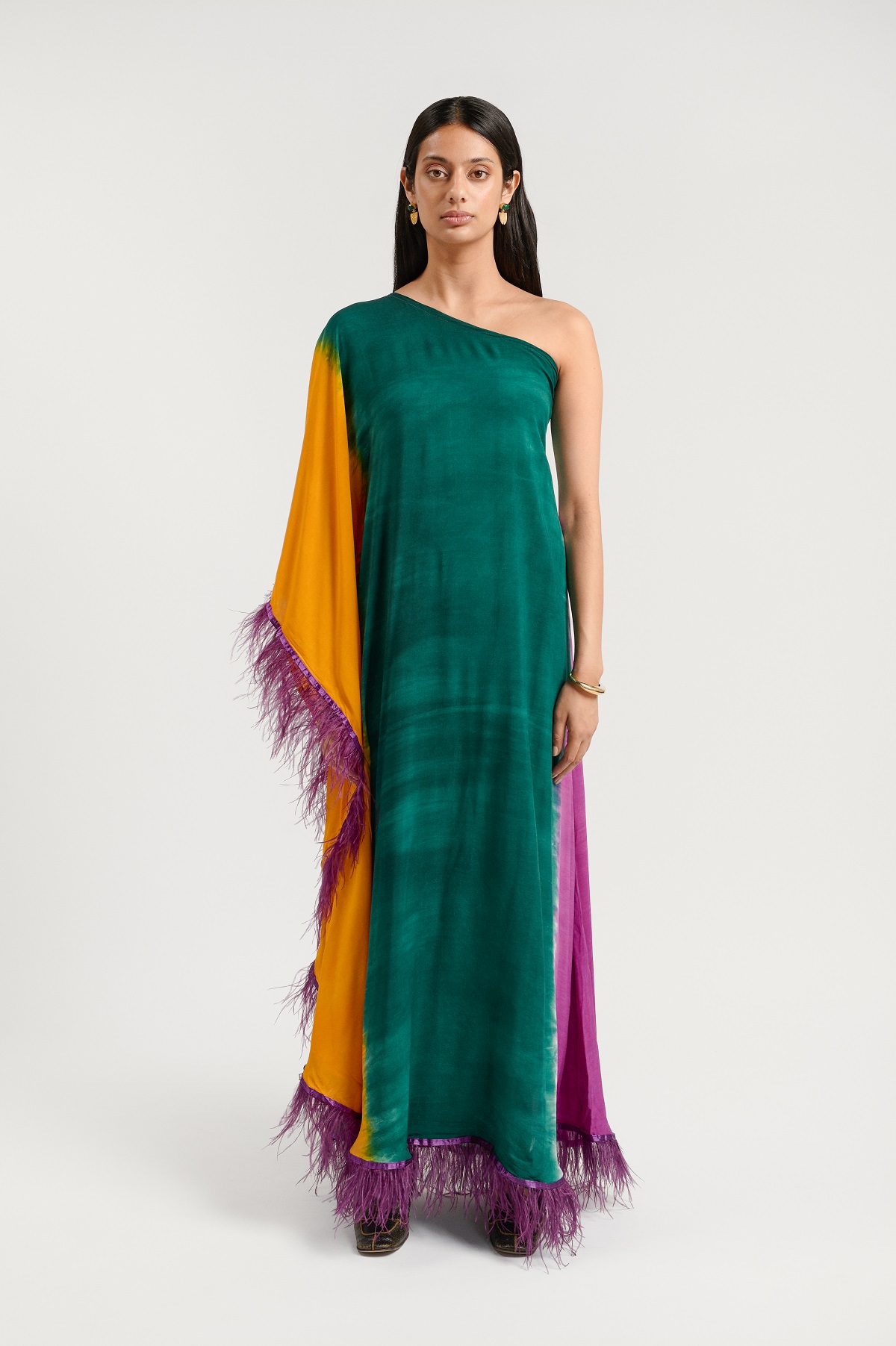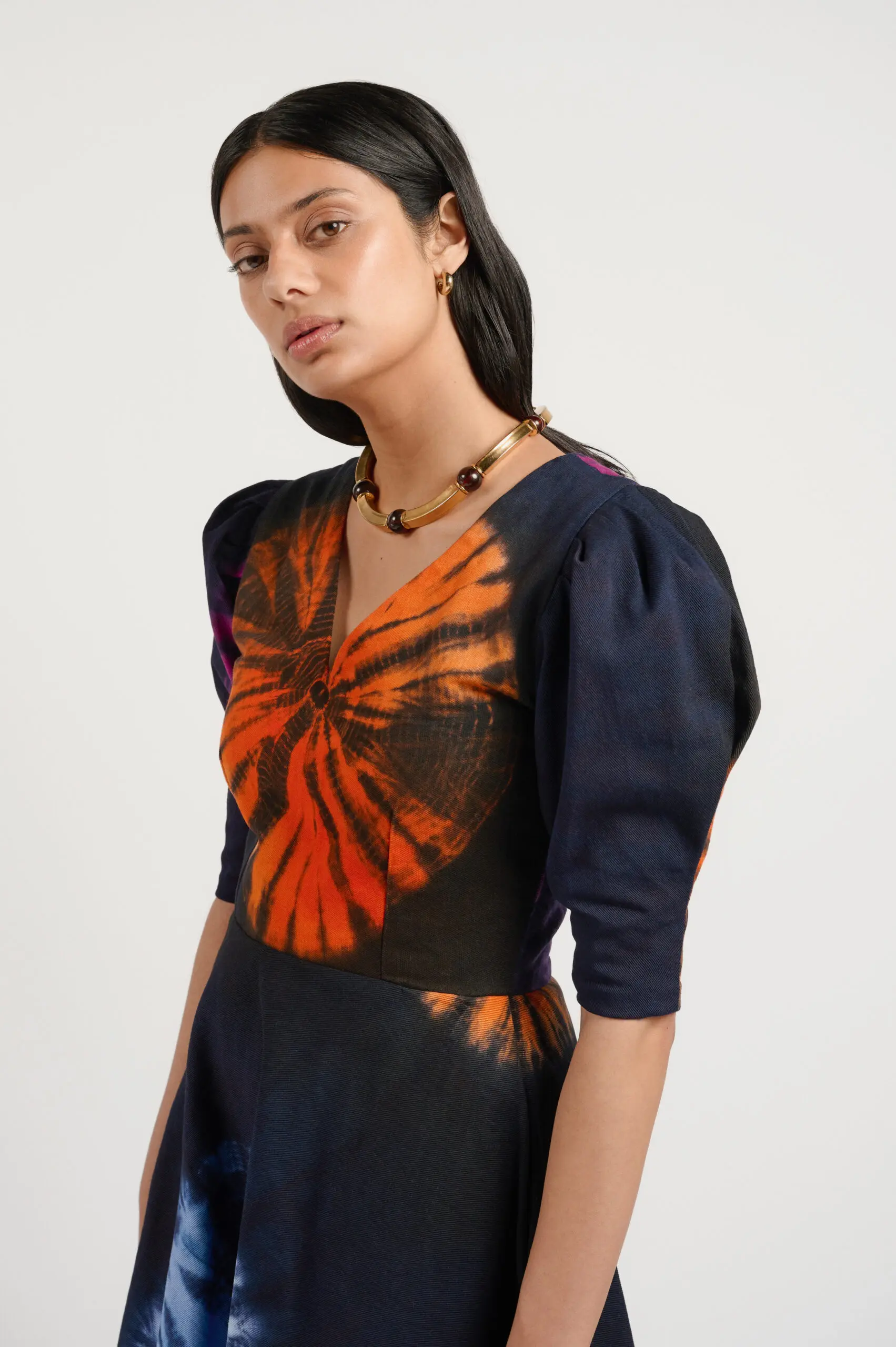Busayo Spring Shoot 2024
Busayo Spring Shoot 2024
We wanted to celebrate this tradition and center a decidedly African aesthetic tradition of hair preparation in our Spring editorial.
March 25, 2024 DISCOVER NIGERIA
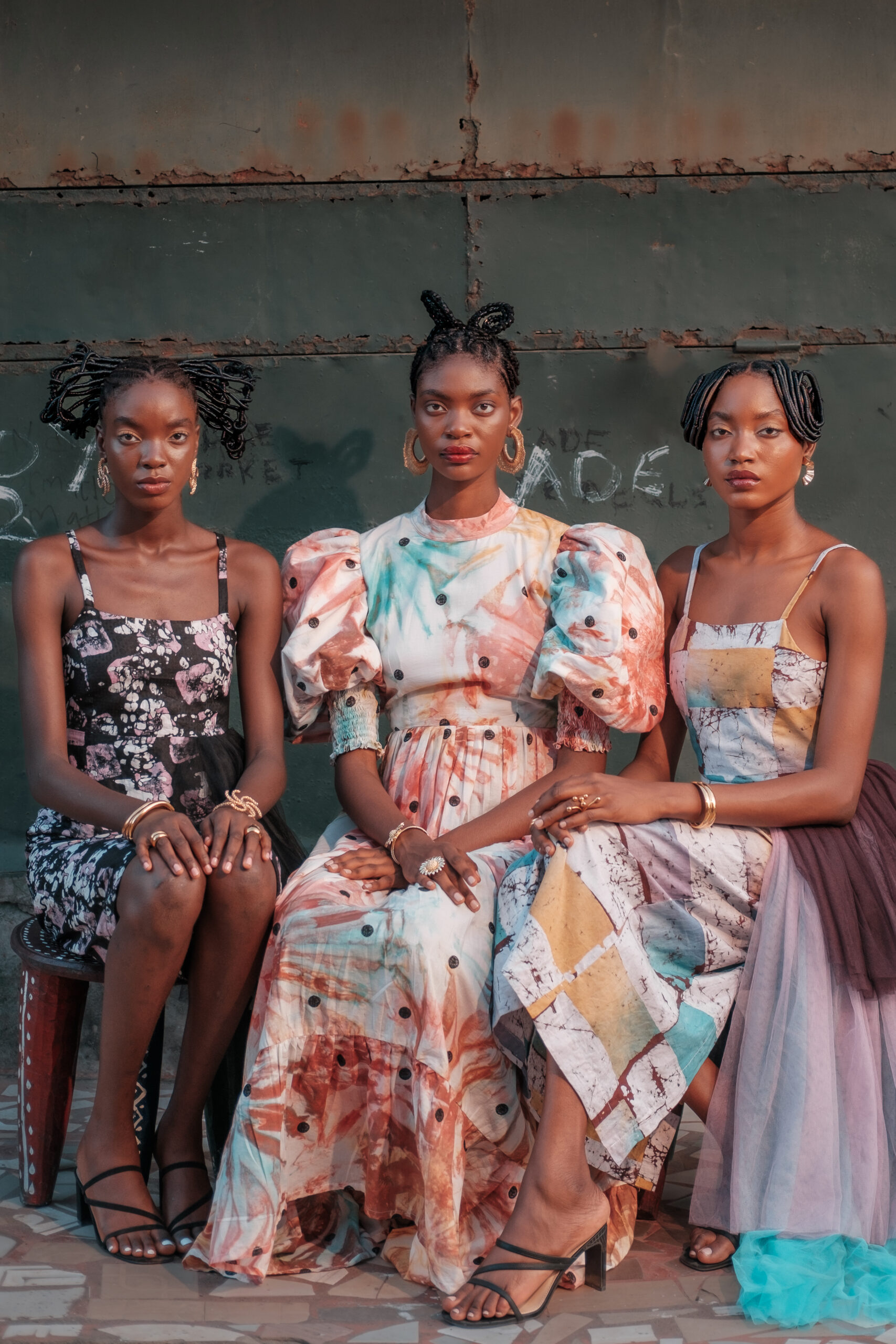
We have been meditating.
Within the Nigerian context, hair and the gele (head tie) is the final piece to any outfit, your outfit is not really complete till you adorn your head. We wanted to celebrate this tradition and center a decidedly African aesthetic tradition of hair preparation in our Spring editorial. We wanted to honor the space that women have successfully carved out in the art of hair design, women have created a culturally rich space that nurtures community while advancing creativity. For the shoot, we dove into cultural archives and excavated works and styles that have been documented by J.D. ‘Okhai Ojeikere and Esi Sagay and exploring how we can bring these styles into now.
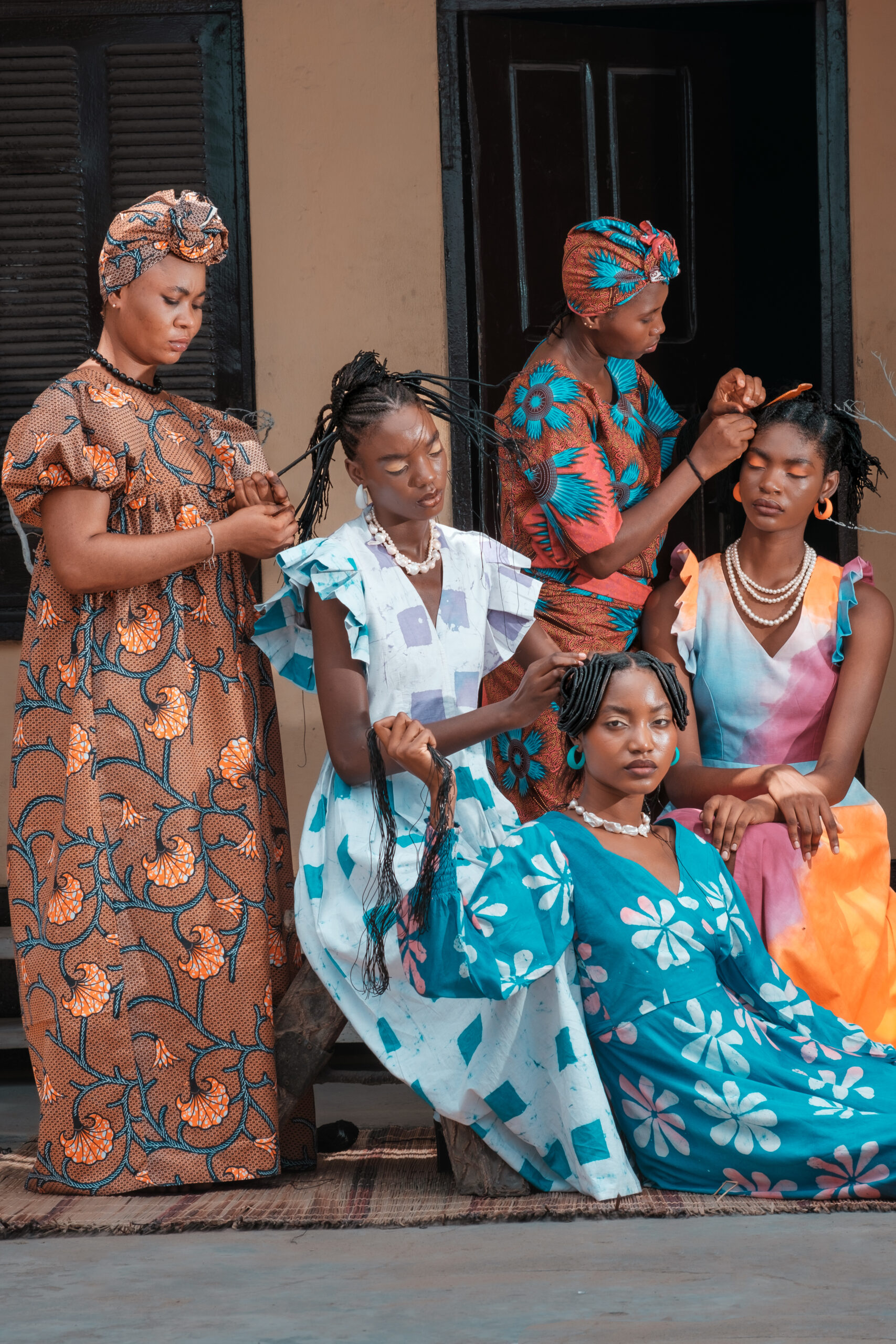
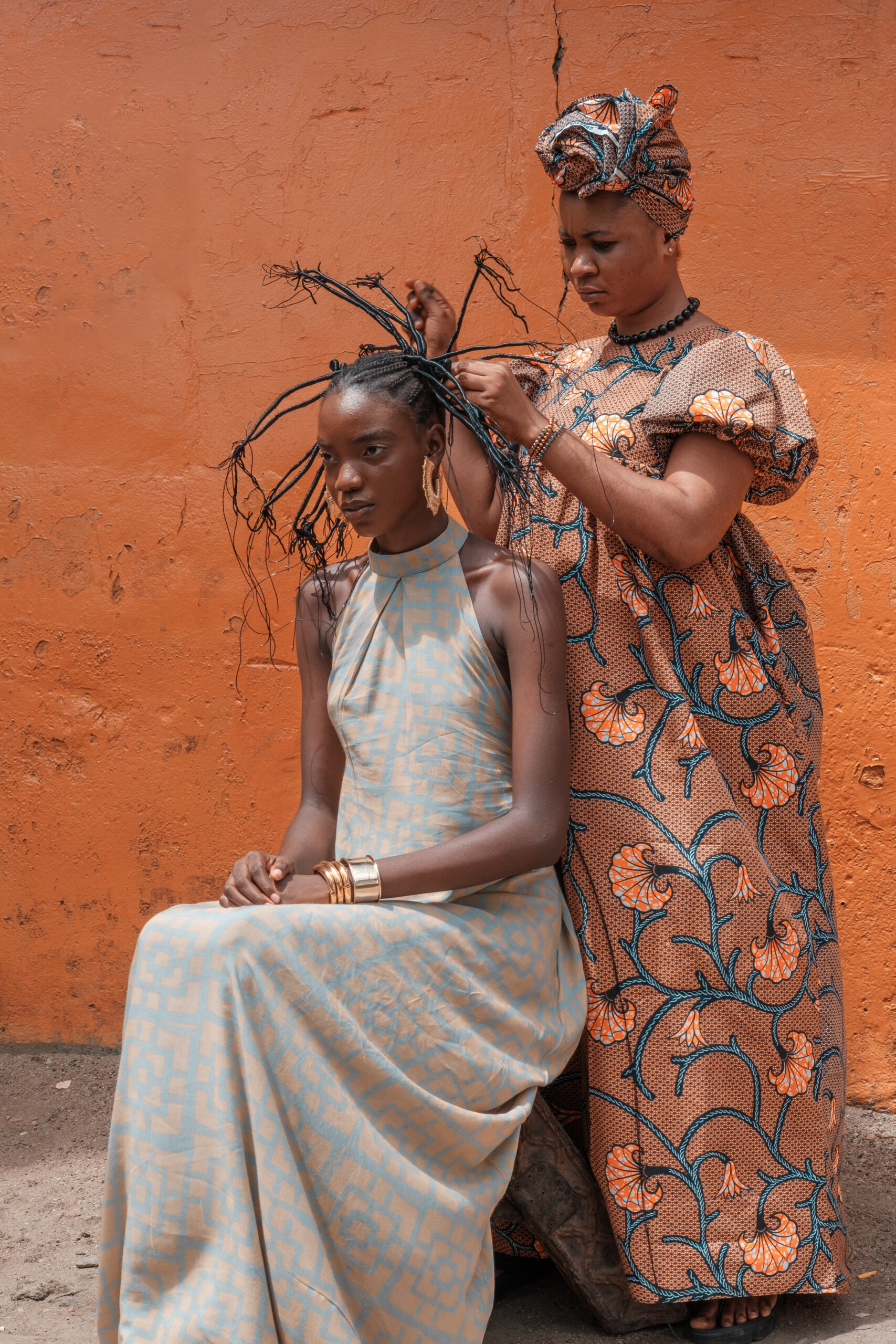
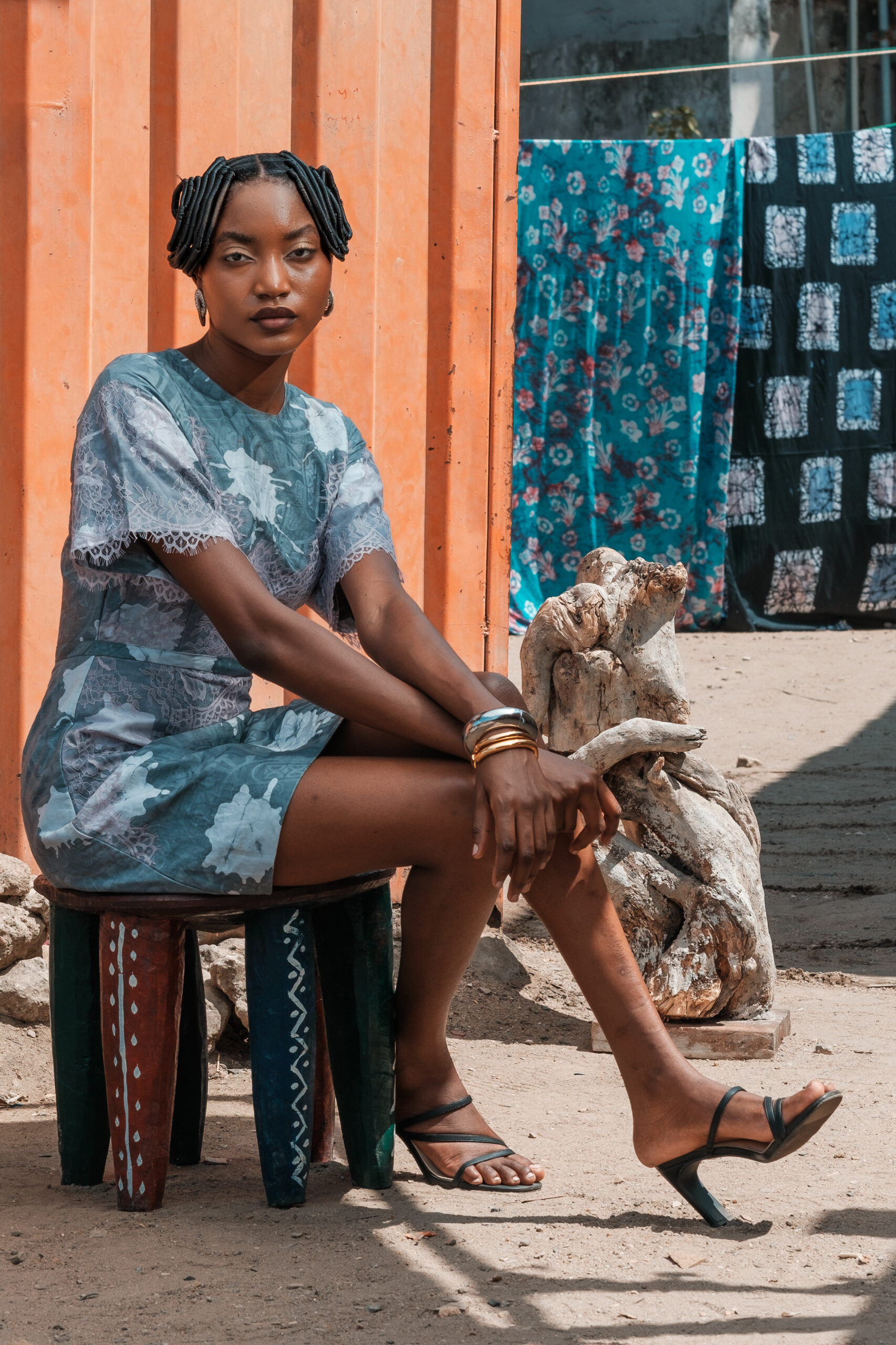
Shop The Story
Busayo Spring Shoot 2024
We wanted to celebrate this tradition and center a decidedly African aesthetic tradition of hair preparation in our Spring editorial.
March 25, 2024 DISCOVER NIGERIA

We have been meditating.
Within the Nigerian context, hair and the gele (head tie) is the final piece to any outfit, your outfit is not really complete till you adorn your head. We wanted to celebrate this tradition and center a decidedly African aesthetic tradition of hair preparation in our Spring editorial. We wanted to honor the space that women have successfully carved out in the art of hair design, women have created a culturally rich space that nurtures community while advancing creativity. For the shoot, we dove into cultural archives and excavated works and styles that have been documented by J.D. ‘Okhai Ojeikere and Esi Sagay and exploring how we can bring these styles into now.



